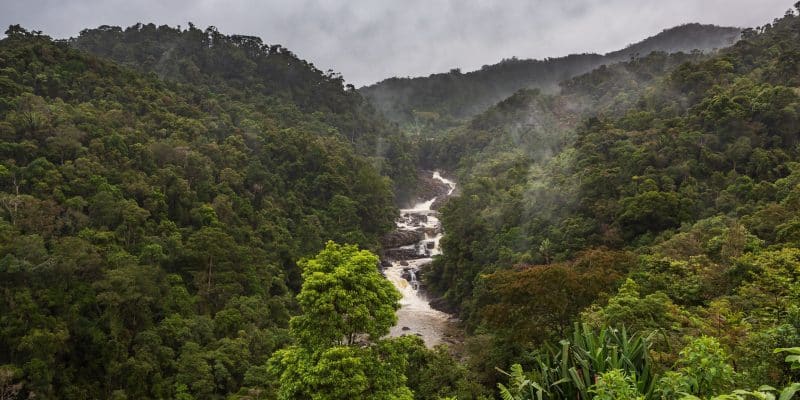A publication highlights policy options for sustainable financing, with a focus on debt-for-climate/nature swaps. The report was released on October 13, 2022 by the African Development Bank (AfDB), in partnership with the Potomoac Group and the World Wildlife Fund (WWF).
Debt-for-climate/nature swaps are financial transactions designed to exchange debt cancellation for conservation actions. In a report released on October 13, 2022, the African Development Bank (AfDB), in partnership with the Potomoac Group and the World Wildlife Fund (WWF), recommends that African states turn to debt-for-nature/climate swaps to “mobilize biodiversity financing for nature-friendly projects on a case-by-case basis, as tailored solutions are needed for optimal results,” the report says.
Entitled “Debt-for-Nature Swaps: Feasibility and Policy Significance in Africa’s Natural Resources Sector,” the report aims to inform the AfDB’s debt action plan and sustainable borrowing policy, as well as specific interventions on debt management and sustainability in African countries.
An additional $484.6 billion in financing
To address the triple threat of unsustainable debt, climate risk and natural degradation through the African Union (AU) Green Recovery Action Plan 2021-2027, the report highlights opportunities and innovations for mobilizing external finance in indebted countries at concessional rates, including private sector financing.
Read also-AFRICA: 4 former heads of state call for biodiversity conservation
In figures, the report estimates that Africa would need an additional $484.6 billion in financing over the next ten years. Its publication comes just a few weeks before the 15th United Nations Conference on Biodiversity (COP15) scheduled for December 2022 in Canada. A summit during which participants will have to rely on the 200 billion dollars proposed by the United Nations, in order to implement the global biodiversity framework for the post-2020.
Boris Ngounou






